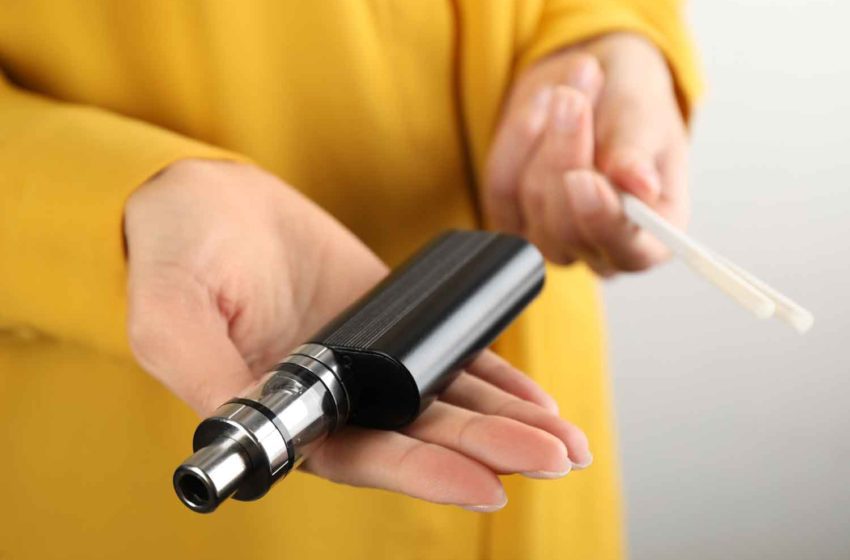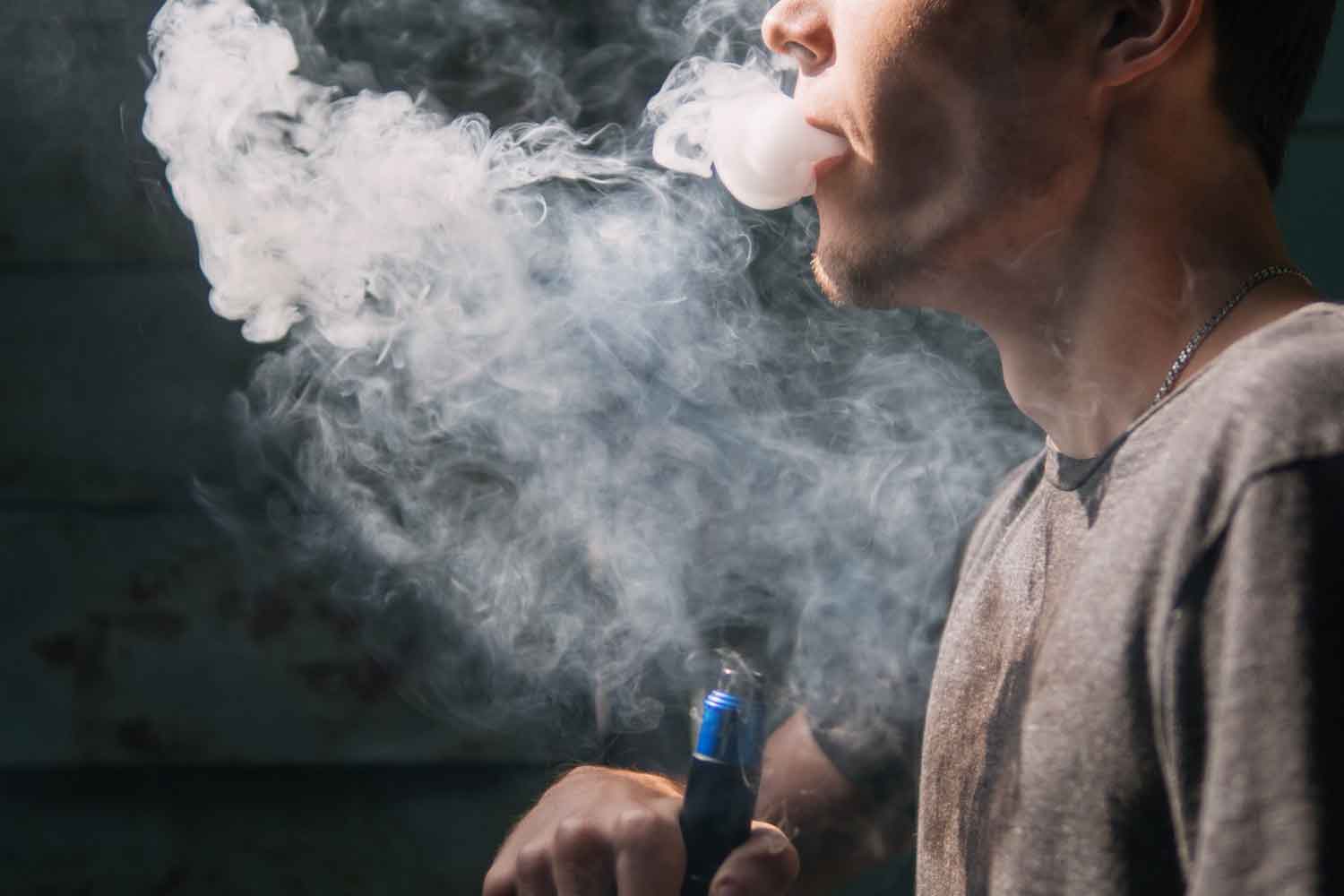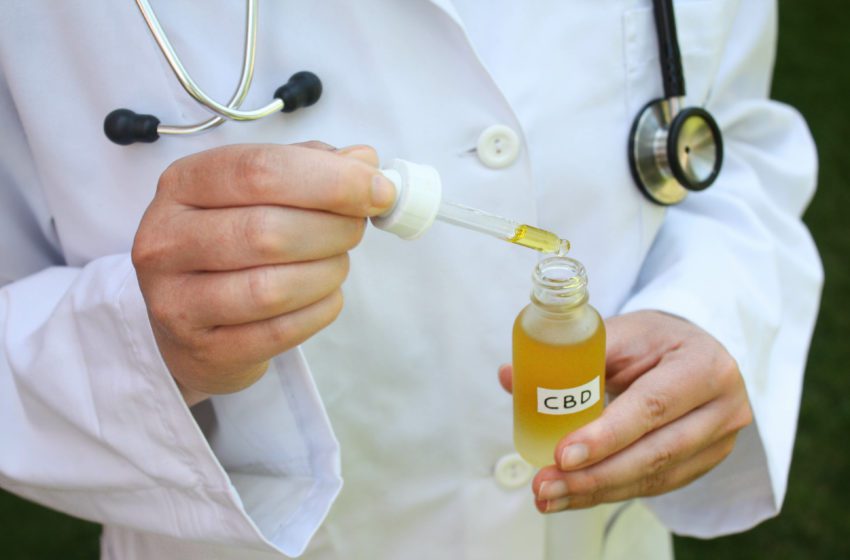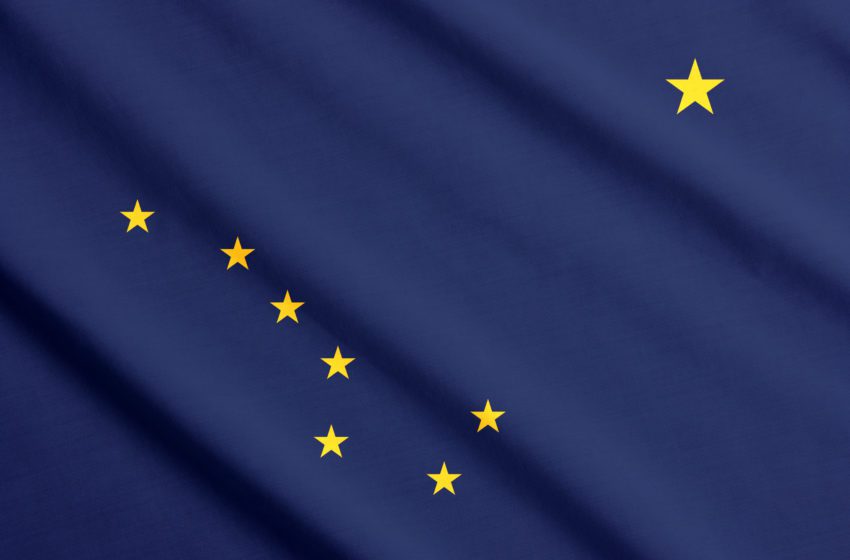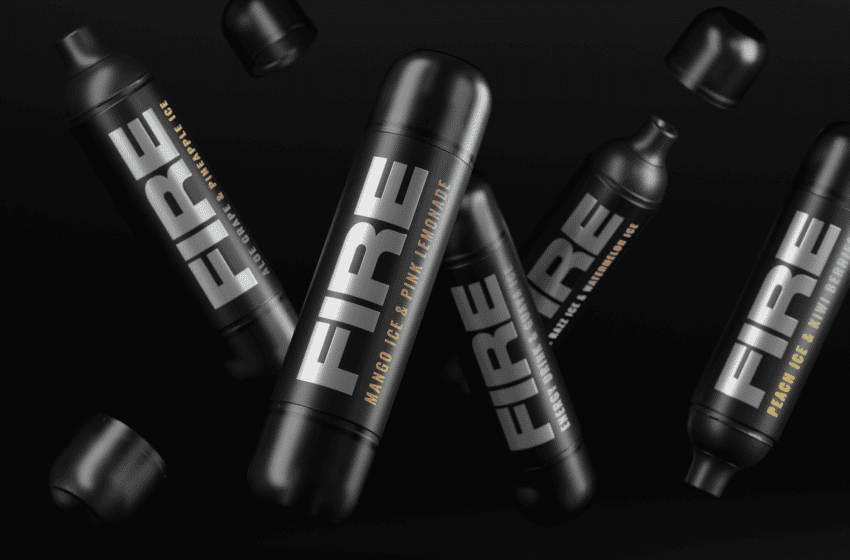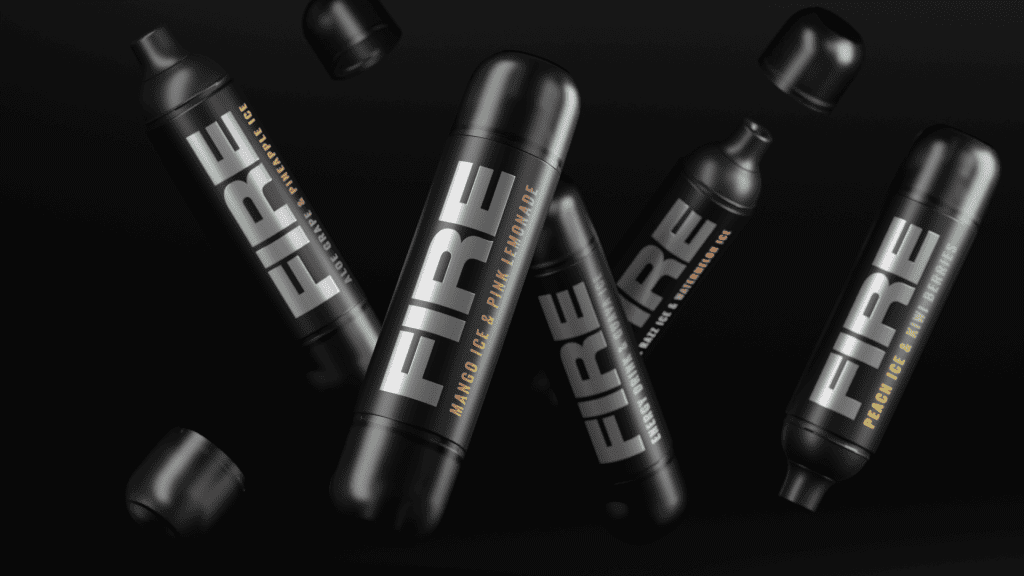
More than 10,000 citizens have signed a petition to keep e-cigarette flavors legal in Latvia, reports the Baltic News Network. Because the initiative has received the legally required number of signatures, it is entitled to a review by Latvia’s parliament, the Saeima.
Rather than banning flavors, the petition urges Latvia’s government to crack down on illegal vape sales and educate society about healthy choices.
According to the Tobacco-Free Products Association, the vaping industry targets smokers aiming to quit cigarettes, which are believed to be far more harmful than e-cigarettes.
According to Toms Lusis, the author of the initiative, Latvian legislators’ attitudes toward vapor products are based on outdated beliefs and studies.
“The latest scientific data shows that e-cigarettes are up to 95 percent less dangerous for human health than regular cigarettes,” he said. “The use of e-cigarettes [is] supported as a way out of sorts for residents to stop using tobacco products as well as radically combat the widely spread smoking-related diseases like lung cancer.”
Lusis cautioned that by denying adults the freedom of choice when it comes to e-cigarette flavors, the state could also lose considerable revenue from excise tax on flavored e-cigarette liquids.


